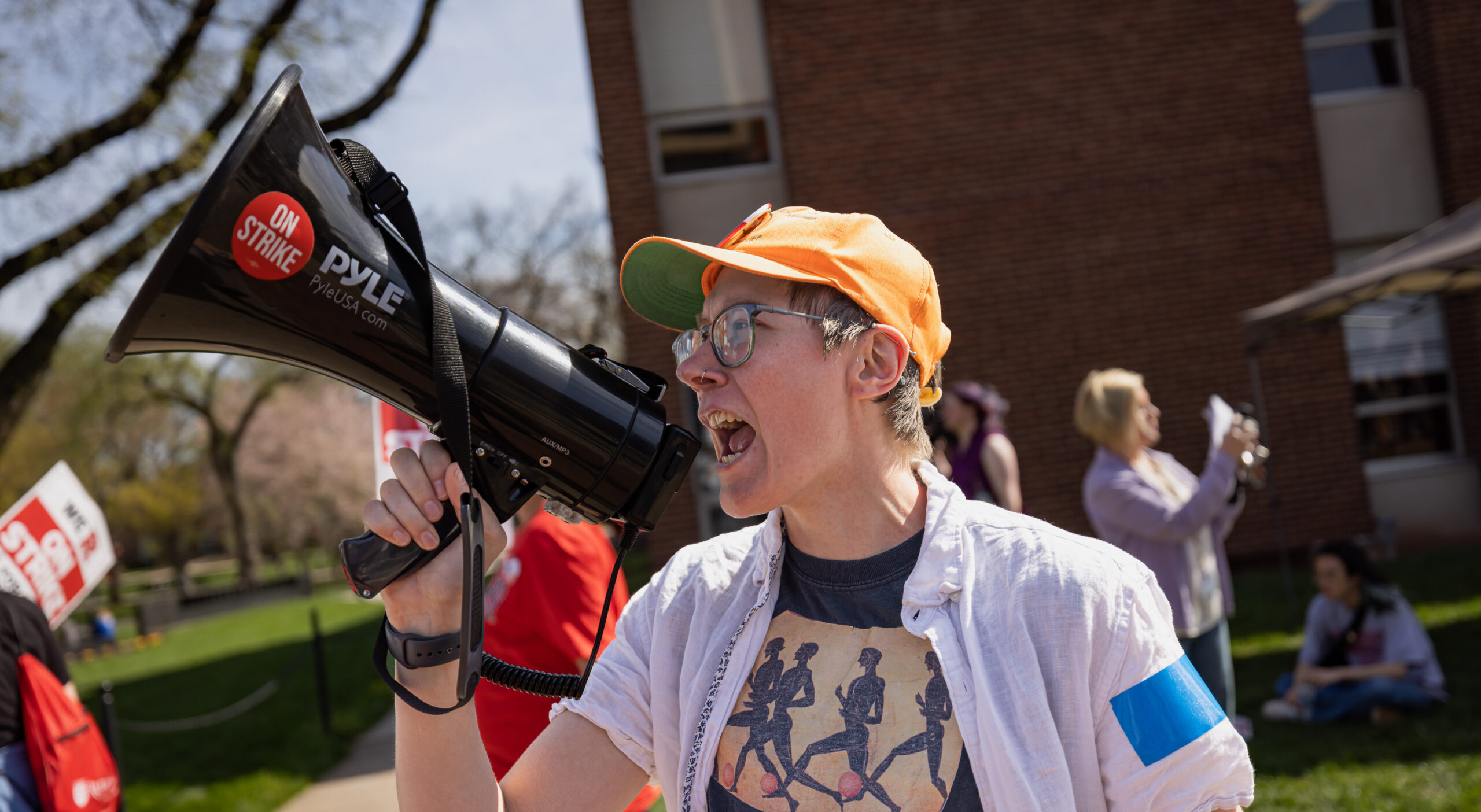Last week, we received the results from 2023’s National Student Survey. For the first time, students in England were asked, “During your studies, how free did you feel to express your ideas, opinions, and beliefs?” No less than 86% said “very free” or “free”, while only 14% said “not free” or “not free at all”. This result has been taken by some commentators as proof that concerns over free speech and cancel culture are “unfounded”. But they’re mistaken: it proves no such thing.
To begin with, the result doesn’t tell us much we didn’t already know. As the education researcher David Kernohan points out, “every time we survey students about freedom of speech issues, we find that around 14% of students have concerns”. For example, in the 2023 Student Academic Experience Survey, 14% of respondents disagreed with the statement “I feel comfortable expressing my view even if others disagree”. And it was exactly the same in 2022.
What’s more, students in that survey had the option to give a neutral response — and 21% of them took it. Which means that only 65% actually agreed with the relevant statement. There was no option to give a neutral response in the National Student Survey. If there had been, it’s likely the percentage saying “very free” or “free” would have been closer to 65%.
Indeed, the question itself is a rather blunt instrument. A natural way of answering it would be to do a mental tally of instances where one did not feel free to express oneself, and then decide whether that number was sufficiently large to justify answering “not free”. Given that most topics in most subjects do not lend themselves to controversy, it would hardly be surprising if the typical student could only recall a few instances.
When you ask students more specific questions, as other surveys have done, you find substantially higher levels of self-censorship. In a survey commissioned by the Policy Institute at King’s College London, for example, nearly 50% agreed that “the climate in my university prevents some people from saying things they believe because others might find them offensive”, compared to less than 40% who disagreed. And in a survey commissioned by the Alliance Defending Freedom, 27% said they had hidden their views about important issues while at university.
Likewise, Thomas Simpson and Eric Kaufmann asked a sample of students whether Leave and Remain supporters would be comfortable expressing views in class: less than 50% said Leave supporters would feel comfortable, whereas more than 80% said Remain supporters would be.
We already have ample evidence from surveys, academic studies and high-profile cases that freedom of speech is under threat at English universities. It would have been astonishing if a single new survey had overturned all this evidence. And in fact, it hasn’t.











Join the discussion
Join like minded readers that support our journalism by becoming a paid subscriber
To join the discussion in the comments, become a paid subscriber.
Join like minded readers that support our journalism, read unlimited articles and enjoy other subscriber-only benefits.
Subscribe